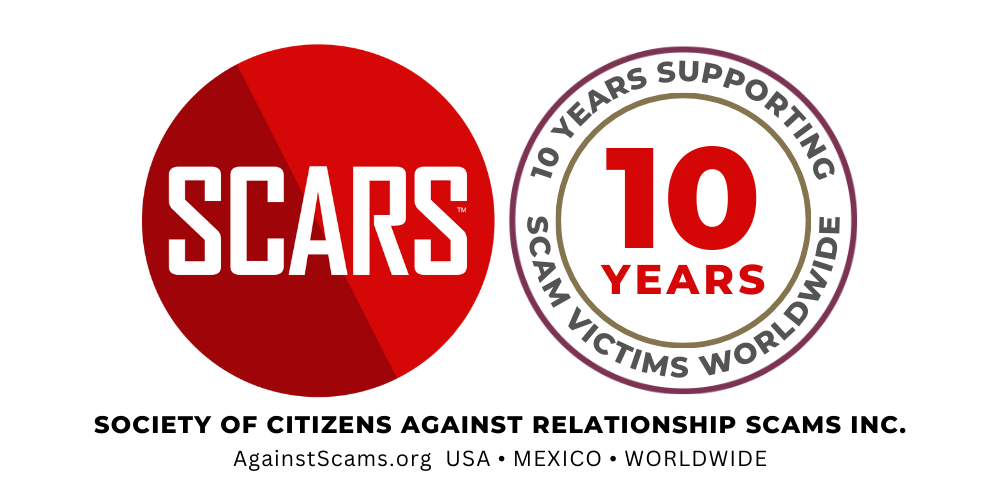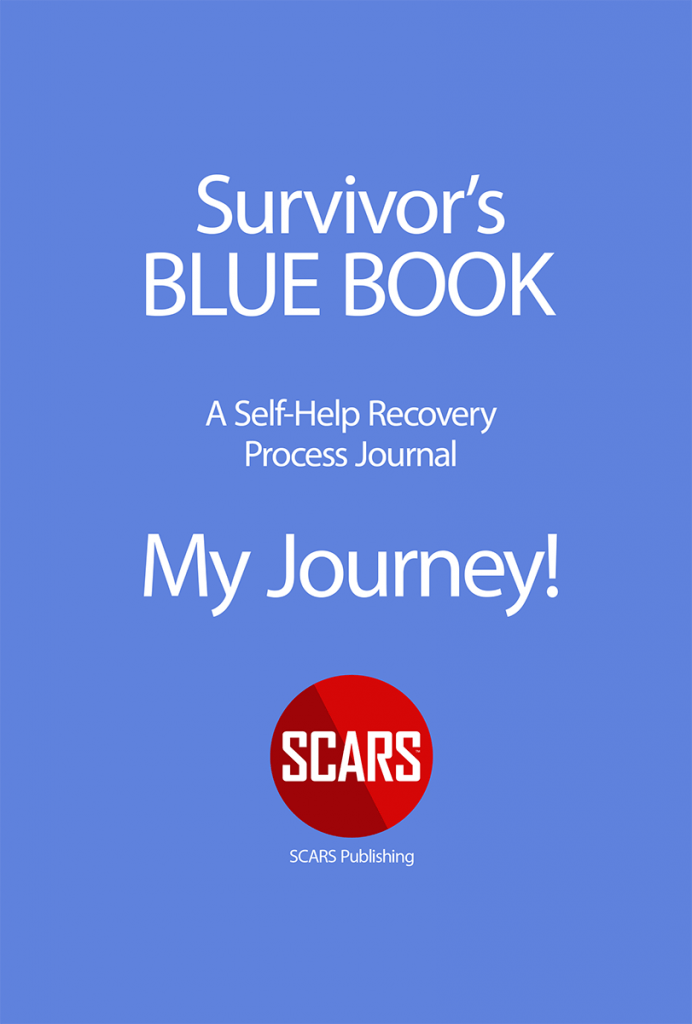
Importance of Journaling for New Scam Victims
Journaling Helps New Scam Victims to Explore Their Feels and Plot a Path Forward!
Important Information for New Scam Victims
Key Topics:
-
The importance of journaling
-
How to keep doing it
-
Different types of journaling
Introduction to Recovery for New Scam Victims: Journaling is Essential for Staying on the Path to Recovery
Journaling is vital to a scam victim’s journey of recovery for several reasons:
- Emotional Expression: Writing in a journal provides a safe and private space for scam victims to express their emotions. It allows them to release pent-up feelings, share their thoughts, and articulate the impact of the scam on their lives.
- Self-Reflection: Journaling encourages self-reflection, enabling scam victims to explore their experiences, reactions, and coping mechanisms. It provides an opportunity to gain insights into their emotional responses and thought patterns, contributing to greater self-awareness.
- Processing Trauma: Scams can be traumatic experiences, and journaling serves as a tool for processing and making sense of the trauma. Victims can revisit their feelings, experiences, and the events surrounding the scam, gradually integrating the experience into their narrative.
- Tracking Progress: Journaling allows scam victims to track their progress over time. By documenting their emotional states, challenges, and achievements, individuals can observe positive changes, identify patterns, and celebrate milestones in their recovery journey.
- Setting Goals: Scam victims can use journaling to set realistic goals for their recovery. Whether it’s rebuilding trust, improving financial literacy, or enhancing emotional well-being, journaling provides a platform to outline objectives and track the steps taken toward achieving them.
- Cathartic Release: Writing about the impact of the scam can be cathartic. It provides a release for overwhelming emotions, reducing the emotional burden that scam victims may carry. This cathartic process contributes to a sense of relief and emotional well-being.
- Empowerment: Journaling is an empowering activity that allows scam victims to reclaim control over their narratives. By documenting their experiences, victims become the authors of their stories, emphasizing their resilience, strength, and capacity for growth.
- Identifying Patterns: Through consistent journaling, scam victims can identify patterns in their emotions, behaviors, and triggers. Recognizing these patterns enables individuals to develop effective coping strategies and make informed decisions in their recovery process.
- Communication: Journaling can serve as a form of self-communication. Scam victims can address themselves with kindness, encouragement, and understanding. This self-communication fosters self-compassion and a positive internal dialogue.
- Building a Support System: Journaling can be a tool for reaching out to others. Scam victims may choose to share their written reflections with trusted friends, family, or support groups, fostering understanding and empathy among their support system.
- Documentation for Legal Purposes: In some cases, scam victims may find it useful to document details related to the scam for legal purposes. Journaling can serve as a contemporaneous record, capturing important information that may be relevant in legal proceedings.
Optional For Scam Victims
SCARS BLUE BOOK – Survivor’s Recovery Journal available at shop.AgainstScams.org
In essence, journaling provides scam victims with a flexible and personal medium to navigate the complexities of their recovery journey. It offers a means of expression, reflection, and empowerment, contributing significantly to emotional healing and growth.
Staying Motivated to Journal
Scam victims can stay motivated to maintain their recovery journals by following these strategies:
- Set Clear Goals: Define specific objectives for journaling, such as expressing emotions, tracking progress, or identifying patterns. Having clear goals provides direction and motivation for journaling regularly.
- Establish a Routine: Incorporate journaling into daily or weekly routines to make it a habit. Set aside dedicated time for journaling, whether it’s in the morning, evening, or during breaks throughout the day.
- Use Prompts and Exercises: Incorporate prompts, writing exercises, or reflection questions to spark inspiration and engagement. These prompts can stimulate ideas, encourage self-reflection, and guide the journaling process.
- Celebrate Milestones: Acknowledge and celebrate milestones in the journaling journey, such as completing a week, month, or specific number of entries. Recognizing progress reinforces motivation and encourages continued participation.
- Find Inspiration: Seek inspiration from success stories, quotes, or testimonials of others who have benefited from journaling. Hearing about the positive impact of journaling can inspire motivation and commitment.
- Experiment with Formats: Explore different journaling formats, such as traditional writing, bullet journaling, art journaling, or digital journaling apps. Find a format that resonates with personal preferences and enhances motivation.
- Practice Self-Compassion: Be gentle and compassionate with oneself when facing challenges or setbacks in journaling. Avoid self-criticism and adopt a supportive attitude towards the journaling process.
- Create Accountability: Share journaling goals and progress with a trusted friend, family member, or support group. Accountability partners can provide encouragement, feedback, and support to stay motivated.
- Reflect on Benefits: Regularly reflect on the benefits of journaling, such as emotional expression, self-awareness, and personal growth. Reminding oneself of the positive impact reinforces motivation to continue journaling.
- Adapt and Adjust: Be flexible and willing to adapt journaling practices based on changing needs, preferences, or circumstances. Experiment with different approaches and techniques to keep the journaling process engaging and sustainable.
By implementing these strategies, scam victims can maintain motivation and consistency in their journaling practice, ultimately supporting their recovery journey and promoting resilience.
Different Ways to Journal
There are various ways to journal, each offering unique benefits and catering to different preferences. Here are some options:
- Traditional Writing: This involves using pen and paper to write down thoughts, feelings, and experiences in a journal or notebook. Traditional journaling offers a tactile experience and allows for free-form expression without the distractions of technology.
- Digital Journaling Apps: Digital journaling platforms or apps provide a convenient and accessible way to journal using electronic devices such as smartphones, tablets, or computers. These apps often offer features such as password protection, syncing across devices, and multimedia integration (e.g., photos, audio recordings).
- Bullet Journaling: Bullet journaling is a method of journaling that combines traditional journaling with elements of organization and planning. It involves creating bulleted lists, trackers, and logs to document tasks, goals, habits, and reflections in a customizable format.
- Art Journaling: Art journaling involves combining written journal entries with artistic expression, such as drawing, painting, collage, or mixed media. It provides a creative outlet for self-expression and can be particularly beneficial for visual learners or individuals who enjoy artistic activities.
- Gratitude Journaling: Gratitude journaling focuses on documenting things that one is grateful for, such as positive experiences, acts of kindness, or personal achievements. It cultivates a mindset of appreciation and can enhance overall well-being and resilience.
- Stream-of-Consciousness Writing: This involves writing continuously and spontaneously without censoring or editing thoughts. Stream-of-consciousness journaling allows for the free flow of ideas and emotions and can help uncover underlying thoughts and feelings.
- Prompt-based Journaling: Prompt-based journaling involves responding to specific writing prompts or questions to stimulate reflection and exploration of different topics or themes. Prompts can cover areas such as self-discovery, goal-setting, relationships, or personal growth.
- Travel Journaling: Travel journaling involves documenting experiences, observations, and reflections while traveling or exploring new places. It can include descriptions of sights, sounds, tastes, and cultural experiences, as well as personal insights and reflections on the journey.
- Dream Journaling: Dream journaling involves recording dreams and related thoughts, emotions, and symbols upon waking. It can provide insight into the subconscious mind, facilitate dream recall, and support personal growth and self-awareness.
- Therapeutic Journaling: Therapeutic journaling involves using writing as a tool for processing emotions, exploring challenges, and promoting healing and self-discovery. It can be guided by a therapist or counselor and may involve specific techniques or exercises tailored to individual needs.
Ultimately, the best journaling method is one that resonates with your preferences, goals, and needs. Experiment with different approaches to find the style of journaling that feels most comfortable and effective for you.
SCARS Support & Recovery
- SCARS INSTITUTE FREE Scam Survivor’s School for Your Recovery • www.SCARSeducation.org
- SCARS Support & Recovery Program For Scam Victims
- Join a Free Safe & Confidential SCARS Support & Recovery Group Now
- SCARS Self Help Books
- How Scam Victims Can Maximize Support Groups Benefits
- If you are looking for local trauma counselors please visit counseling.AgainstScams.org or join SCARS for our counseling/therapy benefit: membership.AgainstScams.org
- If you need to speak with someone now, you can dial 988 or find phone numbers for crisis hotlines all around the world here: www.opencounseling.com/suicide-hotlines
Important Things For Scam Victims To Know
- Importance Of Starting Off Right For New Scam Victims
- Importance Of Journaling For New Scam Victims
- Importance For Scam Victims Of Support & Recovery Group
- Importance Of Learning For Scam Victims Recovering
- Importance Of Trauma Therapy For Scam Victims
- Importance Of Scam Victims Avoiding The Vigilante Trap
- SCARS 3 Steps For New Scam Victims
- Every New Scam Victim Needs To Understand What To Do Next!
- Scam Victims Reporting Scams And Interacting With The Police
- Essential Information for New Scam Victims on SCARS RomanceScamsNOW.com
- Learn More on SCARS ScamsNOW.com
SCARS Resources
- Register for the SCARS Institute FREE Scam Survivor’s School at SCARSeducation.org
- More Info For New Victims of Relationship Scams newvictim.AgainstScams.org
- Subscribe to SCARS Newsletter newsletter.againstscams.org
- Sign up for SCARS professional support & recovery groups, visit support.AgainstScams.org
- Join our Scam Survivors United Chat, Education & Discussion Group facebook.com/groups/scam.survivors.united
- Find competent trauma counselors or therapists, visit counseling.AgainstScams.org
- Become a SCARS Member and get free counseling benefits, visit membership.AgainstScams.org
- Report each and every crime, learn how to at reporting.AgainstScams.org
- Learn more about Scams & Scammers at RomanceScamsNOW.com and ScamsNOW.com
- Scammer photos ScammerPhotos.com
- SCARS Videos youtube.AgainstScams.org
- Self-Help Books for Scam Victims are at shop.AgainstScams.org
- Donate to SCARS and help us help others at donate.AgainstScams.org
- Worldwide Crisis Hotlines: https://blog.opencounseling.com/suicide-hotlines/
• SCARS Scam Psychology Guides & Knowledge: ScamPsychology.org
















